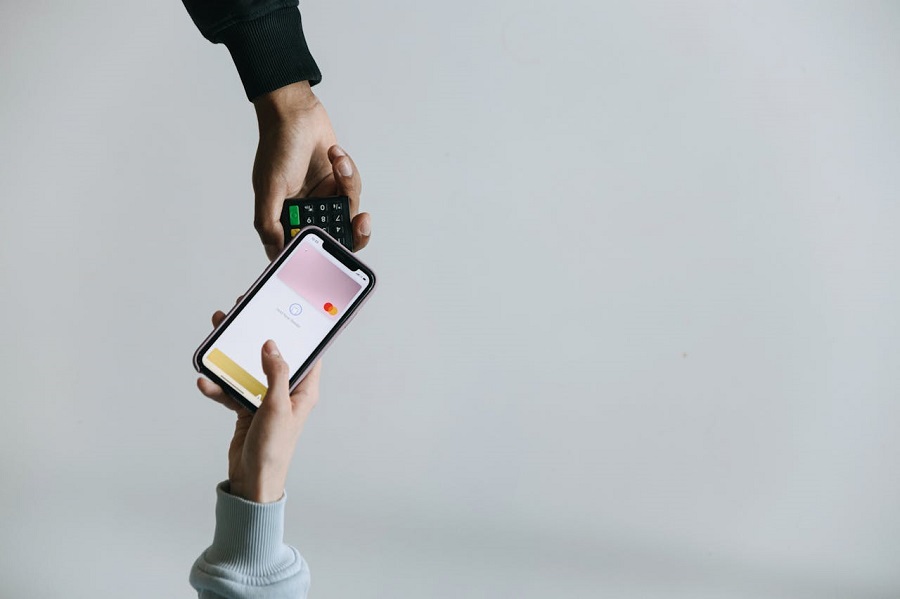In-App Purchases: Consumer Protection Rights in the UK

In-app purchases, omnipresent in today’s digital marketplace, offer convenience but raise consumer protection concerns. These transactions, made within mobile applications, span virtual currency to premium features. As UK consumers increasingly engage with this digital realm, understanding one’s rights is crucial. This article explores consumer rights, challenges, and avenues for redress in this sphere. Given the intricacies involved, seeking professional legal advice for specific concerns is strongly recommended.

Key Takeaway: How protected are UK consumers when making in-app purchases?
Keen to learn more? Read on to master your rights in the digital marketplace.
The pillars of UK consumer protection for in-app purchases
The legal framework safeguarding UK consumers in the digital marketplace is a robust tapestry of domestic and EU-derived legislation:
- Consumer Rights Act 2015: Mandates that digital content must be of satisfactory quality, fit for purpose, and as described.
- Electronic Commerce Regulations 2002: Requires clear information about the trader and the purchasing process.
- Consumer Contracts Regulations 2013: Provides a 14-day cooling-off period for most online purchases.
Practical safeguards for consumers
Beyond legal protections, UK consumers can take proactive steps to safeguard their interests when making in-app purchases:
- Device settings: Most smartphones and tablets offer built-in controls to restrict or require approval for in-app purchases.
- App store policies: Major platforms like Apple’s App Store and Google Play have implemented additional protections, including clearer labelling of apps with in-app purchases.
- Bank protections: Many UK banks offer real-time transaction notifications and the ability to instantly freeze cards, providing an extra layer of security.
Despite robust legal safeguards, the world of in-app purchases presents a complex landscape fraught with potential pitfalls for UK consumers.
Let’s examine the key issues consumers face and the protections in place:
- Children’s unauthorized spending:
-
- Risk: Kids accruing large bills through game play.
- Advice: Enable parental controls and purchase passwords.
- Legal stance: Consumer Rights Act 2015 covers mis-described digital content.
-
- Deceptive costs:
-
- Risk: ‘Free’ apps requiring later payments.
- Advice: Scrutinize app descriptions and user reviews.
- Legal stance: Consumer Protection Regulations 2008 prohibit misleading practices.
-
- Data privacy:
-
- Risk: Misuse of personal data from purchase patterns.
- Advice: Review app permissions regularly.
- Legal stance: UK GDPR mandates transparency and consent for data processing.
-
Enforcement and consumer redress for in-app purchase issues
When rights are breached in the digital marketplace, UK consumers and regulatory bodies have several avenues for enforcement and redress:
- Competition and Markets Authority (CMA): Investigates and acts against unfair practices in digital markets, including in-app purchase issues.
- Trading Standards: Local authorities enforce consumer protection laws, addressing individual and systemic complaints.
- Individual remedies: Consumers can seek refunds, file complaints with app stores, or pursue legal action for significant breaches.
Do I need a lawyer for in-app purchase disputes?
Navigating the maze of in-app purchase disputes can be daunting, and legal counsel can be your compass. Here’s when you might need to consider legal representation:
- Substantial financial loss due to misleading in-app purchases: A solicitor can help you build a case for compensation and navigate complex consumer protection laws.
- Persistent data privacy breaches by app providers: Legal experts can assist in filing formal complaints with the Information Commissioner’s Office and potentially pursue damages.
- Disputes with app stores or developers that remain unresolved: Solicitors can escalate matters through formal legal channels, potentially initiating court proceedings if necessary.
However, before taking the legal route, consider Alternative Dispute Resolution (ADR) options:
-
- Online dispute resolution platforms: Digital forums where neutral third parties help resolve conflicts without court involvement.
- Mediation services: Facilitated negotiations between you and the app provider to reach a mutually agreeable solution.
FAQs
Can I get a refund for an in-app purchase if I’m not satisfied with it? It depends on the app store’s policy. Apple and Google often offer refunds within 14 days if you haven’t substantially used the content. Always check the specific refund policy before purchasing.
What should I do if I believe an app is using unfair practices related to in-app purchases? Report it to the Competition and Markets Authority or your local Trading Standards office. You can also file a complaint with the app store platform.
Are there any specific protections for vulnerable consumers regarding in-app purchases? While there’s no specific legislation, the Consumer Rights Act 2015 requires traders to take extra care with vulnerable consumers. This could apply to misleading in-app purchase practices targeting the elderly or those with learning difficulties.
In the ever-evolving digital marketplace, understanding your rights as a consumer is crucial. Stay informed, be vigilant, and don’t hesitate to seek legal advice when necessary. With proper knowledge and support, you can navigate in-app purchases confidently and securely.
Got app purchase problems?
Qredible connects you with local consumer rights lawyers who understand digital marketplace rules and in-app purchase issues.
KEY TAKEAWAYS
- The Consumer Rights Act 2015, Electronic Commerce Regulations 2002, and Consumer Contracts Regulations 2013 form the backbone of consumer protection for in-app purchases.
- UK consumers have the right to clear information, cancellation and refunds, and protection against unfair commercial practices in digital transactions.
- Key issues include children’s unauthorized spending, deceptive costs, and data privacy concerns.
- The Competition and Markets Authority, Trading Standards, and individual consumer remedies play crucial roles in addressing in-app purchase disputes.
- While alternative dispute resolution should be considered first, legal advice may be necessary for substantial financial losses or unresolved disputes with app providers.
Do you need a solicitor?
Find a solicitor on Qredible in just a few easy steps
















